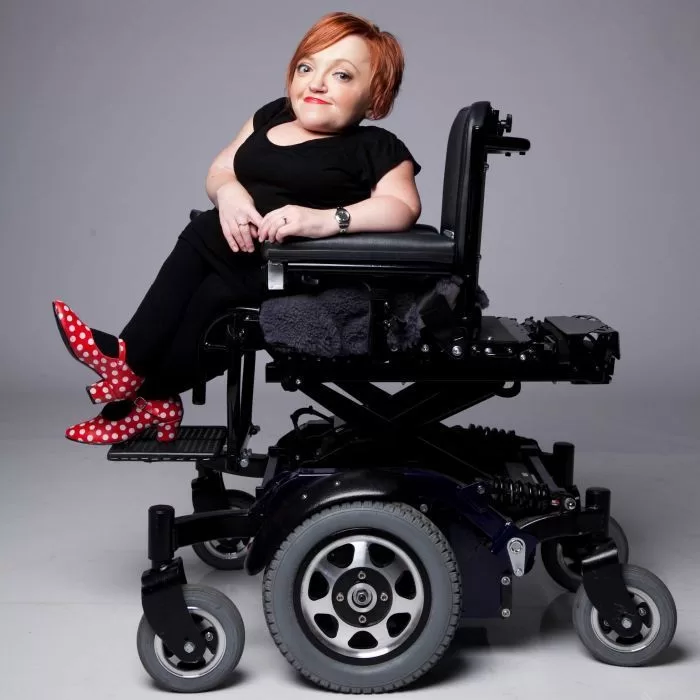Updated on November 7, 2024

Dementia is an overall term used to quantify the loss of memory, language, problem-solving, and other thinking abilities important enough to interfere with one’s daily life.
Alzheimer’s Disease is the most common type of dementia, summing up about 60% to 70% of cases.
It is not a normal part of aging, yet the people with the disease, are 65 years and above.
Dementia symptoms activate a decline in thinking skills (phrenic abilities), ones that are severe enough to destroy daily life and activities.
It also affects one’s relationships, behavior, and feelings.
Symptoms and Signs of Dementia
Dementia symptoms vary greatly and they are progressive. This means the problems may start slowly and gradually get worse over time.
Dementia patients may have difficulties with:
- Planning and preparing meals.
- Short-term memory.
- Paying bills.
- Keeping up with appointments/remembering them.
- Traveling out of the neighborhood.
Things To Not Say To A Dementia Patient
1. “Do you not remember?”
2. “Your memory is getting worse!”
3. “Stop it.”
4. “Wait a minute.”
5. “What did you do this morning?”
6. “You have just asked me that.”
7. “Can’t you figure out what to do?”
8. “Do you remember me?”
9. “You are like a child!”
10. “Have you taken your medication?”
11. “You are just confused.”
12. “I can’t deal with you anymore.”
13. “I’d like to do it, you are wasting my time.”
14. “You used to be so independent.”
15. “You are too young to have dementia.”
16. “You are not making any sense.”
17. “It’s all in your head.”
18. “Just think positively.”
19. “You don’t look like you have dementia.”
20. “You’re not trying hard enough.”
Useful Tips To Take Note Of When Talking To A Dementia Patient
Dementia patients are very fragile and vulnerable, and knowing how to talk to them is a crucial part of whatsoever relationship you may have with them.
Talking to someone with dementia won’t be difficult if you remember a few basic rules.
- Call the dementia patient by their name during and at the beginning of the conversation, to keep their attention.
- Keep your answers short, so it is easy for them to take in.
- Repeat your speech slowly if you are unsure that the patient has heard you.
- Introduce the subject of discussion and please leave the room to avoid confrontations in case of any.
- Accept the blame when something is wrong.
- Endeavor to sit at the same height as the patient, so you can maintain eye contact.
It is important to note that dementia patients may sometimes be referred to as a ticking time bomb, and it is important to speak to them calmly.
Not taking anything they say too personally, most especially if it was said out of anger or nervousness.
They are people like us, just a lot more vulnerable and brittle.
MORE FROM CENTRE DISABILITY SUPPORT
Is Dementia A Disability In Australia?
20 Things Not To Say To Your Aging Parents
20 Things Not To Say To A Depressed Person
20 Things Not To Say To Someone With Anxiety
The Right Way To Refer To People With Disability
Is Deleting Social Media a Hidden Sign of Depression?
How to Support Someone with ADHD
How to Support Someone with Schizophrenia



